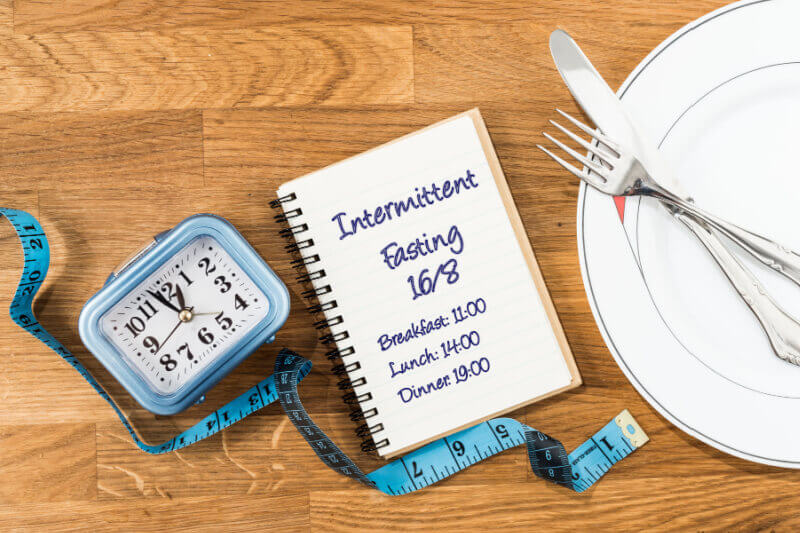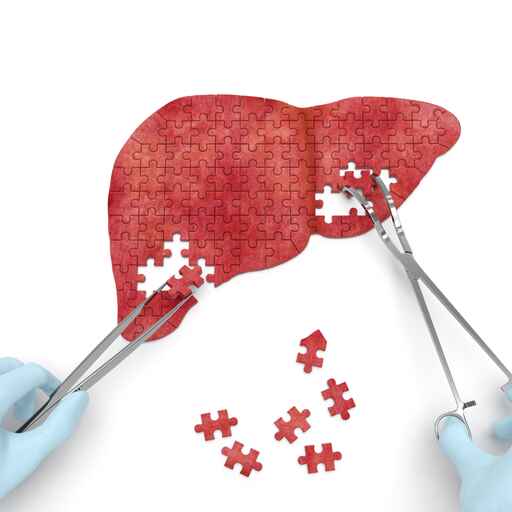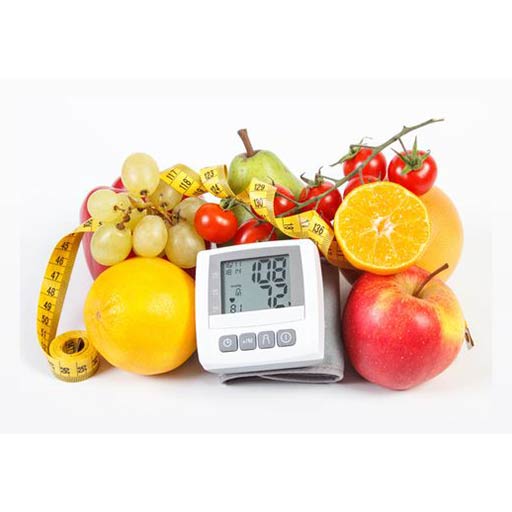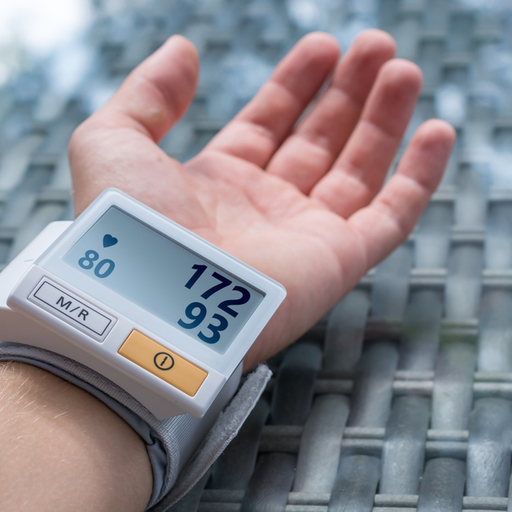Are you looking for a simple, science-backed to improve your health and well-being, and avoid mindlessly snacking throughout the day? Look no further than intermittent fasting.
What you need to know:
- What is intermittent fasting?
- Intermittent fasting methods
- Advantages of intermittent fasting
- Disadvantages of intermittent fasting
What is intermittent fasting?
Intermittent fasting is a popular health trend involving alternative fasting and eating cycles. This is more of an eating pattern than a conventional diet. It does not specify which foods should be eaten; instead focuses on when you should eat them. However, keep in mind to avoid foods with high sugar, salt, or fat concentration.
Intermittent fasting methods
During the fasting period, you eat either little or nothing at all. There are various intermittent fasting methods that you can try:

- The 16/8 method: This involves picking up an 8-hour window and limiting your food intake to that time span. Popular 16/8 time windows include 7 a.m. to 3 p.m., 9 a.m. to 5 p.m., 12 p.m. to 8 p.m. or 2 p.m. to 10 p.m.
- The 5:2 diet: According to this method, you consume only 500-600 calories on any two nonconsecutive days of the week and eat a regular diet on the other days.
- Eat-Stop-Eat: This method involves fasting for 24 hours, once or twice a week.
Advantages of intermittent fasting

Intermittent fasting benefits are plenty. If you are wondering whether intermittent fasting is the right choice for you, then the following pros can pique your interest. Intermittent fasting creates a calorie deficit by reducing your calorie intake, which causes weight loss. It also improves metabolic health and lessens the risk of diseases. Metabolic health determines how well the body processes energy. It is often measured by indicators such as blood pressure, blood fat levels, and blood sugar. Intermittent fasting also repairs damaged cells and protects brain health. The intermittent fasting benefits include reducing bad LDL cholesterol, blood triglycerides, insulin resistance, and blood sugar level, which can lead to cardiovascular complications. Fasting taps into the sugar and fat stored in the body and uses it as fuel, resulting in the loss of body fat.
Disadvantages of intermittent fasting
Intermittent fasting also has its downsides. It might not suit everyone, especially those with a medical history or where it does not match a person’s sustainable diet requirements. Restricting your calorie intake for a longer period of time can impact children, adolescents, and pregnant and lactating women. It also affects people who are underweight or diagnosed with diabetes. It does not sit well with individuals who have eating disorders. Keeping your calorie intake to a designated time frame can be a task if you are a working professional. Intermittent fasting can have side effects like hunger, headaches, and fatigue. Do consult with your doctor or nutritionist before starting this diet plan. The stress of adjusting to a new routine clubbed with low blood sugar levels from fasting can also affect your mood. Do note that after your fast gets over, resume your normal diet. It is crucial to avoid any compensatory or special meals to reap intermittent fasting benefits.
Stay tuned to the Activ Living Community. Keep up to date with the latest health tips and trends through expert videos, podcasts, articles and much more in nutrition, fitness, mindfulness, and lifestyle conditions like Asthma, Blood Pressure, Cholesterol and Diabetes.
You may also be interested in the following blogs:
- Intermittent fasting Vs keto Vs vegan diets explained, and
- What are the safe ways in which people with diabetes can practise fasting?
Popular Searches
How to lower blood pressure | Fruits good for liver | Unhealthy foods | Ragi Benefits | Basal Metabolic Rate | Acupressure points for High Blood Pressure | Ayurvedic medicine for blood pressure | How to control cholesterol at home | Homeopathy for Asthma | Biological Age | Home remedies for TB | Natural beta blockers | Negative effects of internet | Types of walking | Blood pressure calculator | Blood sugar calculator | BMI Calculator





 1800-270-7000
1800-270-7000











